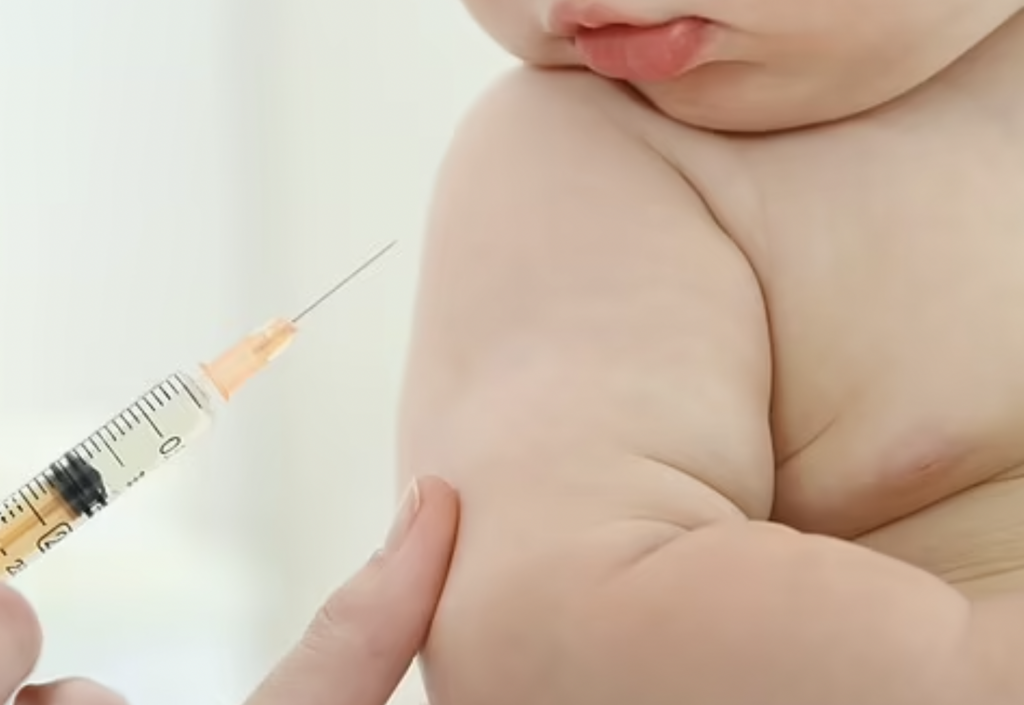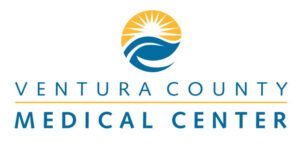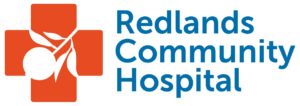Nursing & Healthcare News
RSV Protection for Infants and Seniors
CDC recommends immunization for infants under 8 months

This year has seen the arrival of several important new treatments to protect young children and older adults against respiratory syncytial virus (RSV). Here are the details.
RSV Risks
Like influenza, RSV is a common respiratory infection. In older children and nonelderly adults, its symptoms are seldom severe: coughing, sneezing, and runny nose, sometimes accompanied by fever and loss of appetite.
However, severe RSV can cause low oxygen levels, which are potentially deadly for infants, seniors, and other people with limited breathing ability (such as patients with asthma or COPD). RSV can also cause pneumonia or other serious lower respiratory tract disease (LRTD).
According to the CDC, RSV hospitalizes between 60,000 and 160,000 older adults each year, with 6,000 to 10,000 annual fatalities. Between 100 and 300 young children also die of RSV every year, and between 58,000 and 80,000 are hospitalized with it.













